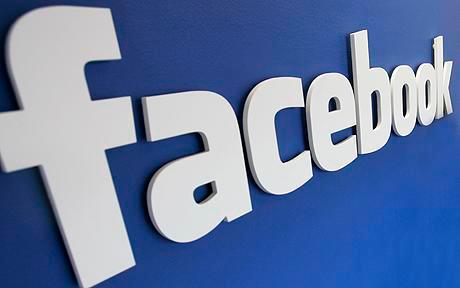DIMENSIONS - Social media: criticism and media literacy
Klicke hier um dich neu zu registrieren oder hier falls du dein Passwort vergessen hast.

Verlag:
inventions.- publishing

|
To Our Young Readers: So, in connection with the upcoming 50th anniversary of “Facebook” my children recently asked me, while “Walking Jimmy” our digital dog was outside, what we used to do when we wanted to write a letter or comment not having the luxurious comfort of instant “I-Chat”. I thought to myself that this would be the appropriate time and place to give some history lessons and explain to anyone who might be interested how ‘’hard’’ communication “back in the old days” really used to be. Due to my profession as a journalist, I would like to start with an illustration of how to write an article: Step 0 is, no matter what kind of text you write, to define what to write about and who to approach. After making that clear, one should structure the article and write using a style, structure, and tone which is appropriate for the type of article one is writing. For example, a newspaper article will need to offer information in a neutral, chronological form and be written with accessible but not “overly-colloquial” language. An academic article will need to follow the general 5-paragraph essay form and be written with conceited, formal language. Some articles can be written in more informal language, since they intend to connect with the readership on a personal level and should follow a form allowing the segmentation of information to be clearly visible parted in sections and “steps”.
If one wants to write a letter being more personal and direct to someone, it is very important to decide how formal the letter needs to be first, what depends on the relationship to the recipient. If one is writing to a governmental office, potential employer, an official or anyone else with whom you hope to have a professional relationship with, the letter should be formal. While you are writing to your current employer, a co-worker you do not see socially, a distant or elderly relative or someone you do not know very well, the letter should probably be rather formal. Then, one should write or type the complete address at the top of the letter as well as add the present date. Leave a few spaces after the date and write out the complete name and title of the person you are writing to. On the second line you write the name of the company or organization (if applicable). Write the address on the third line, and the city, state and ZIP code on the fourth line. Now, one should start the actual writing by starting with the salutation. The salutation one uses will depend on ones relationship to the recipient of the letter just as the formality of the letter. Furthermore, one should write the name of the recipient after the salutation, and again depending on the relationship one has with the recipient, either with or without courtesy title. After having written the letter in an adequate style, one should end the letter with a complimentary close, to establish a connection with the recipient, such as ’’sincerely yours’’, ‘’kindest regards’’ or for less formal letters simply ‘’sincerely’’.
So, now if you ever want to communicate like “back in the old days”, you have the capabilities to do so. It would be great to see more people write something as personal as letters instead of taking the easy way such as writing to someone via e-mail or “Whats-app”-messages.
|



Facebook's 50th anniversary |
||
Online-Zeitung |
Science and Technology | |

The upcoming 50thanniversary of the most influential invention of this decade, namely “Facebook”, is arousing a lot of old memories in most of us. It is hard to believe that it has already been 50 years since Mark Zuckerberg created the social medium in his dorm room at Harvard, having the goal to create a platform whereby everyone would be able to present oneself and reach out to other people. There have been various social networks but none has integrated itself in our society as “Facebook” has during the last decades. So, the question is whether and how far “Facebook” and other social networks in general, have influenced our society and helped to speed up the process of globalization towards an inconceivable rate.
"Facebook" today has over three billion accounts with 36% of those accounts already dead and a stagnating increase in the course of the last 20 years. After taking over the chat-service ‘’Whats-App’’, "Facebook" tried to combine the social platform with an outstanding, free communication-application. Thus, increasing the value to the market of the “Facebook Inc.” about 67.24 NASDAQ points. The main goal of self-representation has been achieved long ago and due to the composition of “Facebook” and “Whats-App”, we are able to stay in touch with pretty much anyone around the world. Thereby, bringing globalization to the third phase, within which the world has shrunk from size medium to small meaning that the world, which used to be very varied and uneven, is symbolically moving together to a point in which governments or companies no longer depict the faith of the world but each individual is responsible for itself. “Facebook” has even helped people in countries like Egypt or Syria to defeat their dictatorships by giving them the possibility to organize their protests and gatherings. |
 Lade Seiteninhalt...
Lade Seiteninhalt...
|
|

